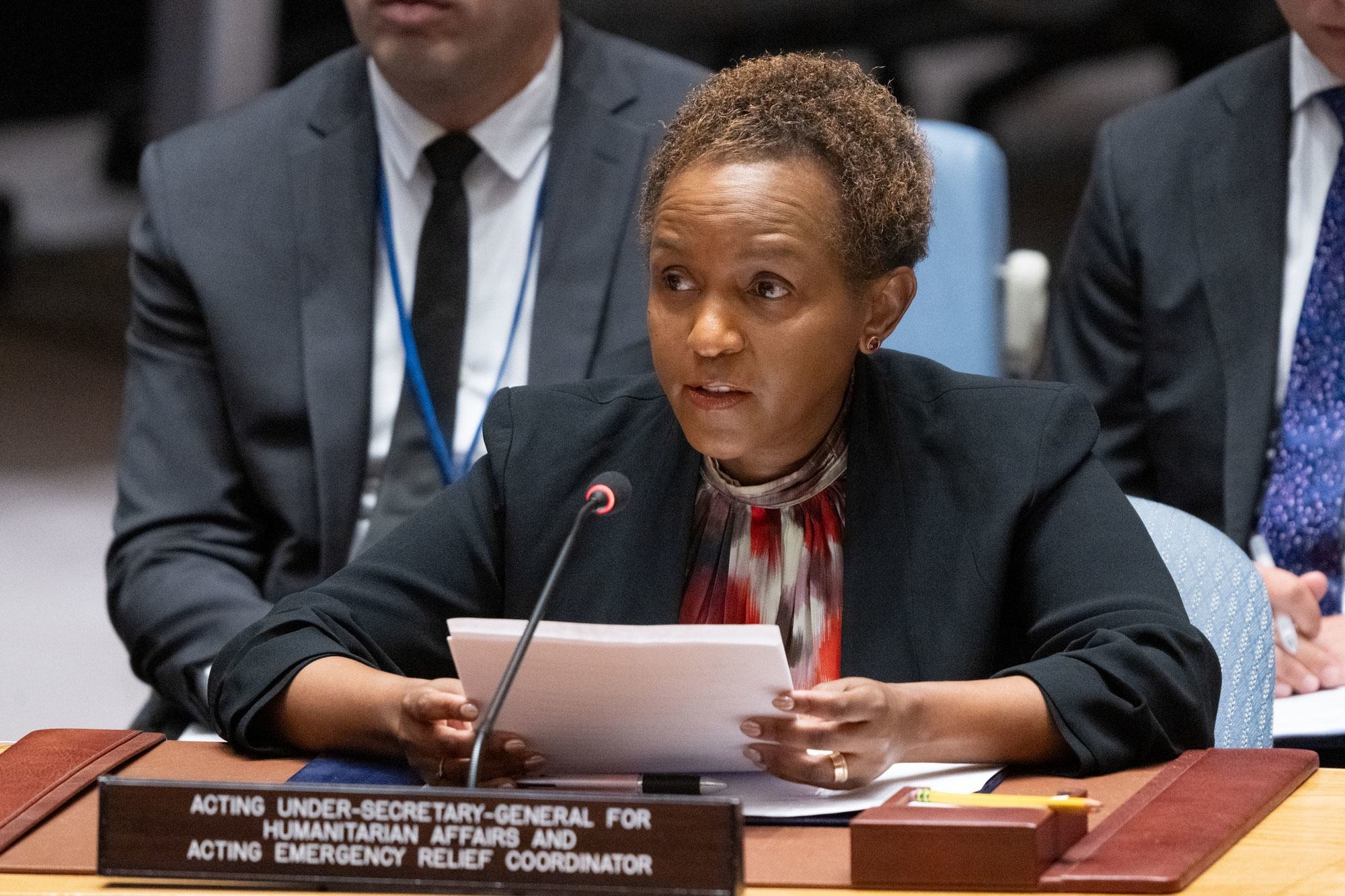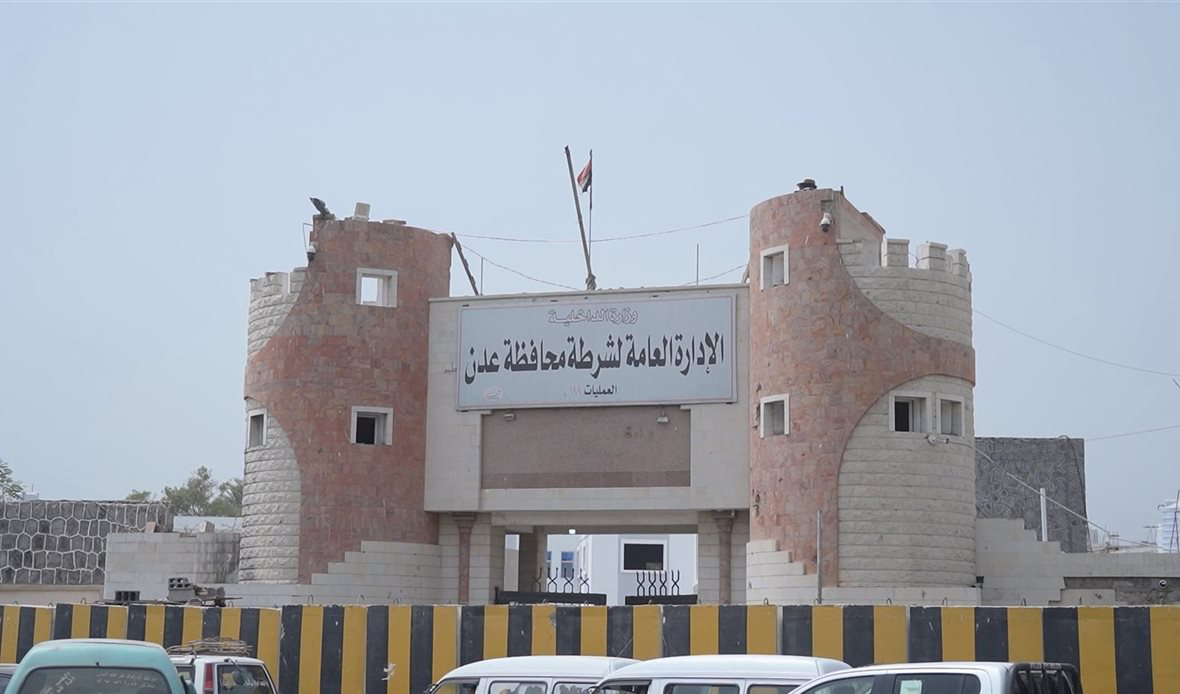
Barran Press
The UN's Deputy Secretary-General for Humanitarian Affairs and Acting Emergency Relief Coordinator, Joyce Msuya, has issued a stark warning about the worsening humanitarian situation in Yemen. In a briefing to the UN Security Council, Msuya highlighted the dire food security situation, with 62% of surveyed families reporting they lack enough food.
"For the first time ever, three areas – two in Hodeidah and one in Taiz – are facing extremely critical levels of malnutrition, the fifth phase of the Integrated Food Security Phase Classification," Msuya stated. She further warned that by the end of 2024, over 600,000 children in government-controlled areas are expected to suffer from acute malnutrition, with an estimated 118,000 children facing severe acute malnutrition – a 34% increase since 2023. "Time is of the essence if we are to prevent a catastrophe," she urged.
Msuya also reiterated the UN's concern over the continued arbitrary detention of UN staff, NGO workers, and civil society representatives by the de facto authorities, referring to the Houthi group. "These colleagues have been detained for over three months, and four others remain in detention since 2021 and 2023," she said, adding, "I reiterate – in the strongest terms – the Secretary-General's call for their immediate and unconditional release."
She emphasized that while they remain deprived of their freedom, they must be treated with full respect for international humanitarian law and human rights, including access to their families and legal representatives. Msuya highlighted ongoing diplomatic efforts with the Houthi de facto authorities and other interlocutors to secure their release, urging all Security Council members to use their influence to support these efforts.
Msuya strongly refuted the Houthi's allegations against humanitarian workers, including recent claims of interference in Yemen's education system. "These allegations threaten the safety of staff, hinder the ability of the UN and its partners to serve the people of Yemen, and must stop immediately," she declared.
She emphasized the UN's commitment, alongside international and national NGOs, to a comprehensive approach addressing the root causes of the crisis, including disease outbreaks, poor water and sanitation services, and hygiene issues.
Msuya highlighted the need for international support and cooperation from all parties to address the humanitarian needs in Yemen. She also expressed concern over the ongoing threat posed by attacks on ships in the Red Sea, citing the recent rescue attempt of the commercial vessel "Sanyoon."
She further addressed the devastating impact of recent rains, floods, and landslides, as well as the cholera outbreak. "Over half a million people have been affected by recent weather events, and more than 270,000 people have been displaced," she said.
Msuya noted that the floods have contributed to the spread of cholera and acute watery diarrhoea, with over 180,000 suspected cases reported nationwide since the outbreak began.
She highlighted the critical funding gap, with the coordinated humanitarian appeal only 29% funded, food security and agriculture programs only 12% funded, and shelter support activities only 16% funded. Msuya revealed that the Rapid Response Mechanism for sudden emergencies has received only $6.4 million of the $17.9 million requested. "In response to the severity of this funding shortfall, I recently approved the release of $20 million from the UN's Central Emergency Response Fund for the response in Yemen," she said.
However, she emphasized that this allocation is insufficient to support the scale of critical programs upon which the Yemeni people depend, and does not negate the need for member states and other donors to significantly increase their financial support for the humanitarian response.
Msuya stressed that an effective response in Yemen requires parties to fulfill their obligations to facilitate humanitarian operations. She expressed concern over the continued obstacles to access and interference in humanitarian activities.
"During the first seven months of 2024, our humanitarian partners reported 572 incidents related to access across Yemen," she said. "Of these incidents, direct interference in humanitarian activities by parties was responsible for 217 incidents – a notable increase from the 169 such incidents reported in 2023." Msuya noted that the UN has recently received assurances from the new government formed by the Houthi de facto authorities that they will work with the UN and the humanitarian community broadly to address these access challenges.
She explained that the UN has taken steps to mitigate the risk to staff in Houthi-controlled areas, and to this end, the UN has recently undertaken a prioritization of programs.
Msuya stated that the result will be a narrower response focused on core life-saving and sustaining activities, with broader activities, such as capacity building and institutional support, being deprioritized.





